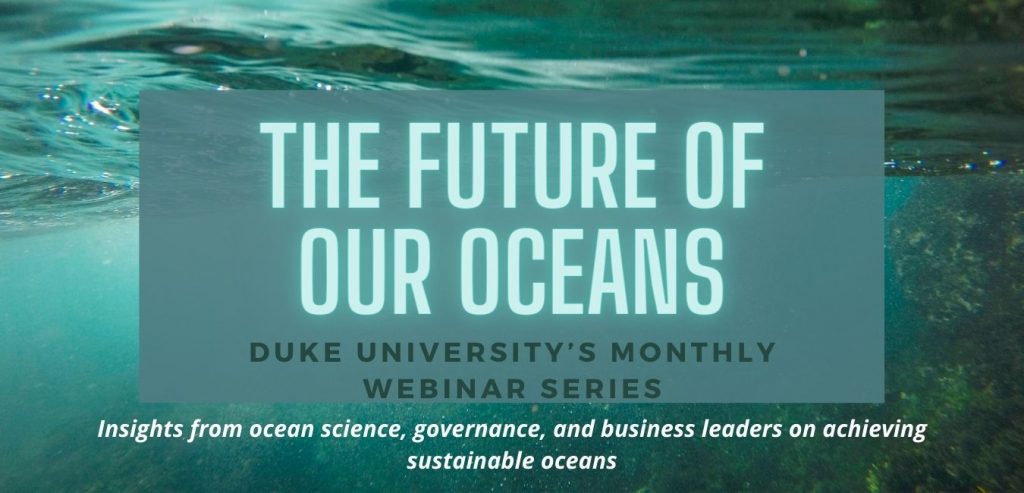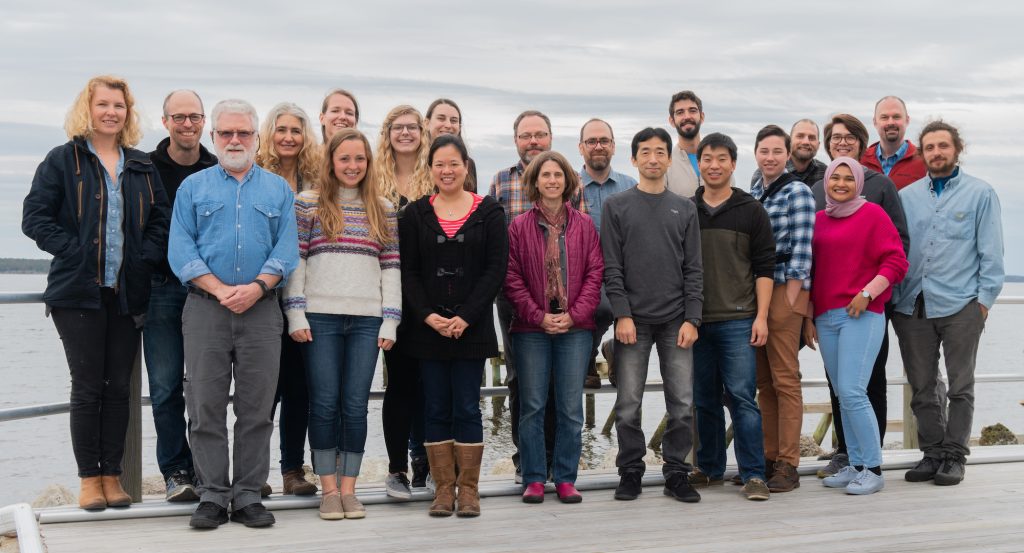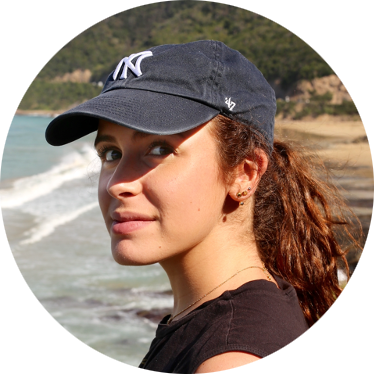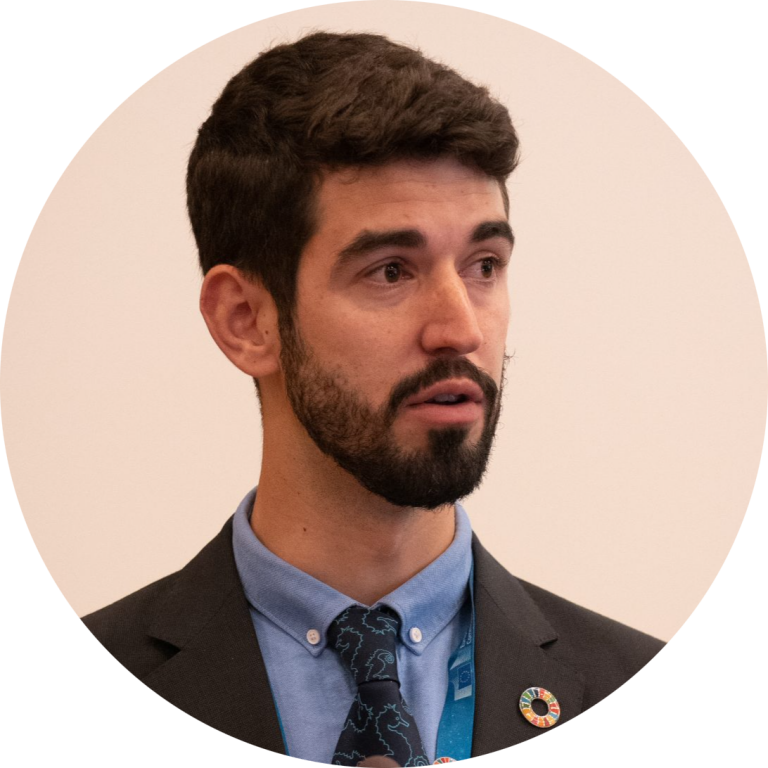
Mapping our Oceans: The Role of Science and Technology in Sustaining Ocean Ecosystems
with Patrick N. Halpin, Gabrielle Carmine and Guillermo Ortuño Crespo
WATCH THE RECORDING
Advancing technologies for visualizing and mapping our ocean planet are rapidly breaking down past barriers to both our understanding of ocean ecosystems and ocean resource use. Increased human uses of the oceans will likely be the largest area of new growth in the Anthropocene.
Sustainable governance and management of our oceans and the emerging Blue Economy will require continued reliance on our ability to observe, measure and monitor ocean resources, human uses and ecosystem dynamics into the future. Future trends in our capabilities to visualize and map the oceans will affect all aspects of ocean use and management into the future.
This overview will use mapping and visualization as a lens to introduce a range of broad ocean management topics and trends that underpin the emerging Oceans @ Duke initiative. This continuing series will drill into more detail into a wide range of emerging ocean science, management and governance issues.
SUPPLEMENTAL RESOURCES
Recommended Reads:
Deeper Dives:
Webinar Q&A Report:

FEATURED SPEAKERS

Professor Patrick Halpin leads the Marine Geospatial Ecology Lab (MGEL) at the Nicholas School of the Environment, Duke University. Prof. Halpin’s research focuses on marine geospatial analysis, marine spatial planning and ecosystem-based management. Prof. Halpin actively participates in a number of international scientific and ocean policy programs. Prof. Halpin and the Marine Geospatial Ecology Lab are currently conducting research on the high-seas, global fisheries, marine spatial planning, marine migratory species, ecological habitat modeling, ocean connectivity modeling and deep-sea mining.

Gabrielle Carmine is currently a 2nd year PhD Student at Duke University’s Nicholas School of the Environment in the Marine Geospatial Ecology Lab directed by Dr. Patrick N. Halpin. Her doctoral research examines corporate actors and international governance of high seas fisheries using Global Fishing Watch data. She received a bachelor’s degree in Environmental Studies and Biology from New York University in 2018. She previously worked at the Ocean Collective and Urban Ocean Lab under Dr. Ayana Elizabeth Johnson before attending graduate school.

Dr. Guillermo Ortuño Crespo is a marine ecologist with a Master of Science from the University of St. Andrews in Ecosystem-based Management of Marine Systems and a Doctorate in Marine Science & Conservation from the Marine Geospatial Ecology Lab at Duke University. Dr. Ortuño Crespo specializes in the spatial ecology patterns of distribution of both pelagic species (such as tuna, billfish and sharks) and that of pelagic fisheries (including purse seines and longliners), to identify areas of high risk and opportunity for sustainable fishing in the open-ocean. He has been an active participant in the ongoing high seas BBNJ negotiations highlighting the importance of improving fisheries management beyond national jurisdiction through more transparent operations and a wider use of spatial management tools to reduce bycatch.
Throughout his postdoc at the Stockholm Resilience Center he will be working on a novel spatial management study in collaboration with the Inter-American Tropical Tuna Commission (IATTC) to develop the first ever tuna-RFMO dynamic spatial management strategy.
As part of his commitment to the UN Decade of Ocean Science, Dr. Ortuño Crespo is facilitating the conversation on Corporate Sustainability among Early Career Professionals with the ultimate objective of fostering strong relationships between upcoming science, conservation or technology young leaders and those companies which show determination in leading the way towards a more sustainable future.
Join Our Email List
Sign up to receive announcements and reminders about upcoming events from Oceans@Duke.
Insights from ocean science, governance, and business to create a better ocean future.